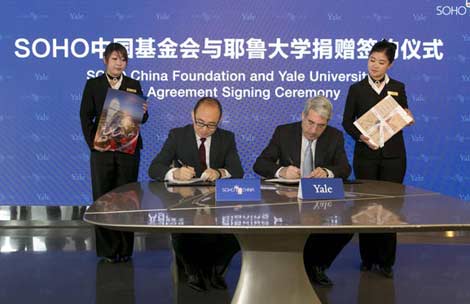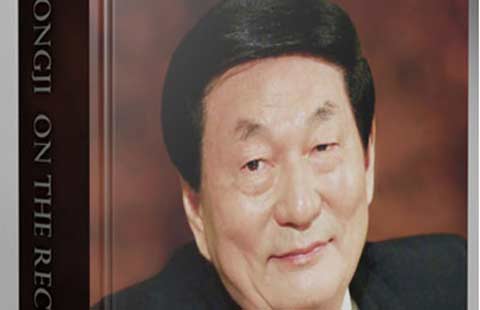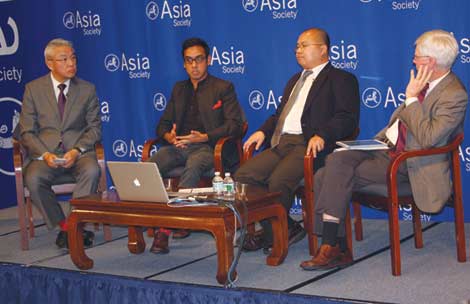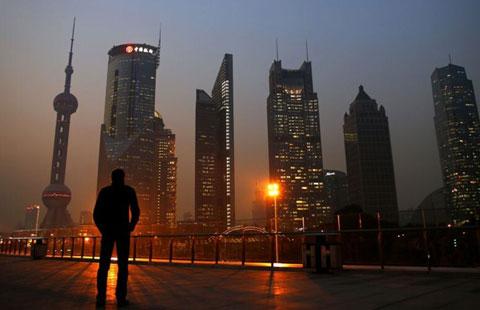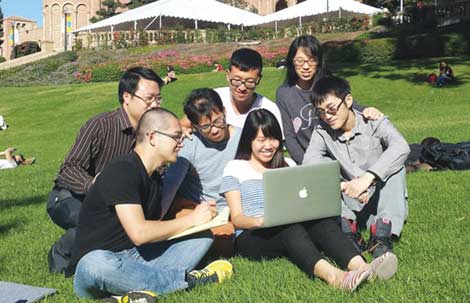US envoy seeks Chinese backers for key projects
Updated: 2014-05-20 04:48
By ZHENG YANGPENG(China Daily)
|
||||||||
US Ambassador to China Max Baucus attempted to woo Chinese investors on Monday with his country’s infrastructure projects.
The envoy said that apart from a few high-profile rejections, most foreign investment projects in the US received approval. The Committee on Foreign Investment in the United States "is not nearly the problem that some people think", Baucus said at a US embassy forum in Beijing. "I know politically that sometimes it's used, but we have to cut through the politics and get down to the economics and I can tell you it is not an issue."
The committee has been regarded as a major hurdle to Chinese investment in the US, as it has cited national security concerns to block some large projects from China.
Investigations by the committee led to telecommunications equipment giant Huawei withdrawing from a $2.2 billion deal in 2007 to take over US networking equipment maker 3Com and from a $2 million technology purchase from 3Leaf Systems in 2010.
Baucus repeated the assurance made by many US officials that most foreign investment approvals did not go to the committee.
Like his predecessor Gary Locke, Baucus has made boosting business ties his top priority since arriving in Beijing in March. "America really needs to repair its infrastructure. The roads, the highways, bridges and airports need repairs and need to be rebuilt in many cases. Frankly,that means there is a huge opportunity," he said.
A report, commissioned by the US Chamber of Commerce and completed by law firm Covington & Burling and other firms, said that at least $8 trillion in new investment would probably be needed in US transportation, energy, and wastewater and drinking water infrastructure from 2013 to 2030, totaling $455 billion annually.
The report shows that the pressing need for resources to modernize US infrastructure is creating new opportunities for Chinese investors to provide capital, goods and services in areas such as civil engineering, architecture, and contract and life-cycle management.
Xing Houyuan, vice-president of the Chinese Academy of International Trade and Economic Cooperation, said Chinese enterprises had the enthusiasm and capability to invest in US infrastructure, but transparency needed to be lifted in terms of market access and national treatment.
Xing suggested the US provide more Chinese-language versions of specific regulatory measures to avoid confusion.
- Xinjiang publishes anti-terror brochures
- Security pact sealed with Afghanistan
- President Xi encourages international cultural exchanges
- Premier Li: China willing to help Afghan infrastructure
- Chinese FM: China, Asia-Pacific become community of shared destiny
- Foreign minister remarks on possibility of China-Japan summit
Most Viewed
Editor's Picks

|

|

|

|

|

|
Today's Top News
VW defends safety of recalled New Sagitar
Former premier makes Hurun philanthropists list
Xinjiang publishes anti-terror brochures
SOHO endows $10m to Yale
Cook and Ma talk about partnership
Language a barrier to healthcare for Asian Americans
China businesses need innovation: VC
Security pact sealed with Afghanistan
US Weekly

|

|
